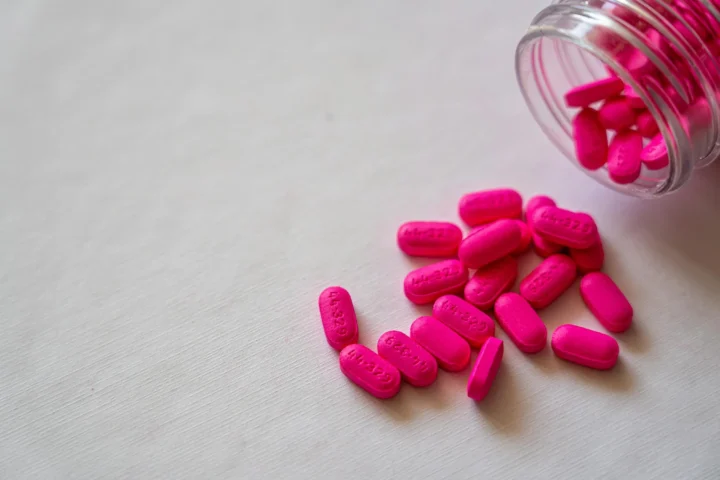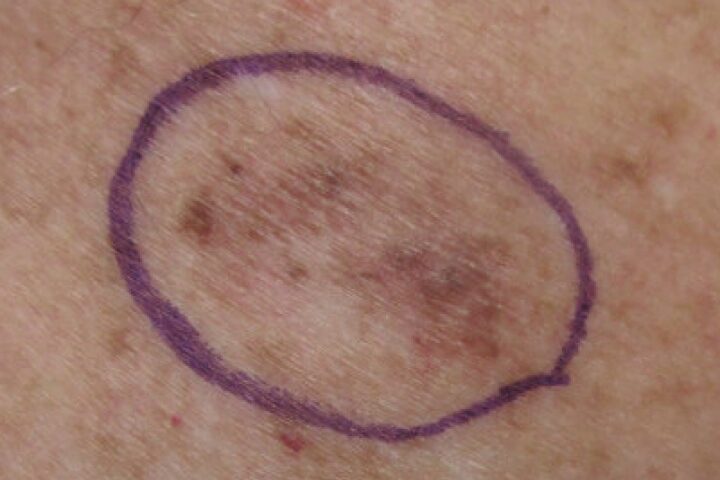The U.S. Food and Drug Administration (FDA) has approved Zepbound (tirzepatide), marking the first medication authorized for treating moderate to severe obstructive sleep apnea (OSA) in adults with obesity. The approval comes with specific guidelines requiring the drug to be used alongside a reduced-calorie diet and increased physical activity.
Dr. Sally Seymour, director of the FDA’s Division of Pulmonology, Allergy, and Critical Care, stated, “Today’s approval marks the first drug treatment option for certain patients with obstructive sleep apnea. This is a major step forward for patients with obstructive sleep apnea.”
Clinical Evidence and Effectiveness
The FDA based its approval on two randomized, double-blind, placebo-controlled studies involving 469 adults without type 2 diabetes. The trials demonstrated that after 52 weeks of treatment, patients receiving Zepbound experienced measurable improvements in their apnea-hypopnea index (AHI), which measures breathing disruptions during sleep.
In the first trial, patients not using CPAP machines showed approximately 25 fewer AHI breathing events per hour with Zepbound, compared to only five fewer events with placebo. The second trial, involving patients using CPAP machines, demonstrated 29 fewer events per hour with Zepbound versus six with placebo.
Weight loss results showed participants lost about 18% of their body weight, on average, in the first trial and about 20% in the second, compared with 1.6% and 2.3% respectively for those on placebo.
Practical Implications and Access Concerns
Without insurance coverage, Zepbound costs $1,060 per month, though Lilly offers discounts, coupons and a lower-priced version that comes in a vial. Dr. Melanie Jay, director of the N.Y.U. Langone Comprehensive Program on Obesity, notes, “It would only drive up demand.”
Dr. Vivian Asare, associate medical director of the Yale Centers for Sleep Medicine, observes that the approval “offers up another option” for patients with limited treatments. This becomes particularly relevant given that OSA affects approximately 30 million Americans, with obesity being a major contributing factor.
Safety Considerations
The FDA reports several side effects, including:
- Gastrointestinal issues: nausea, diarrhea, vomiting, constipation
- Injection site reactions
- Fatigue
- Hypersensitivity reactions
- Hair loss
- Gastroesophageal reflux disease
More serious warnings include potential thyroid C-cell tumors, pancreatitis, gallbladder problems, and risks during general anesthesia. The drug is contraindicated for patients with personal or family history of medullary thyroid cancer or Multiple Endocrine Neoplasia syndrome type 2.
More Stories
Insurance and Medicare Coverage
Medicare’s current policy excludes coverage for weight-loss medications, though the Biden administration has proposed changing this restriction. Coverage might be possible if the drug is prescribed specifically for OSA rather than weight loss, particularly relevant given the higher prevalence of sleep apnea in people over 65.
Research Horizon
Scientists continue studying GLP-1 drugs like Zepbound for various conditions, including kidney disease, liver disease, and substance use disorder. This expanding research suggests broader therapeutic applications may emerge.
Patrik Jonsson, president of Lilly Cardiometabolic Health, reports that “many cases of OSA go undiagnosed and untreated, leaving millions at risk for serious health consequences.” The clinical trials showed that participants treated with Zepbound had significant improvements in their OSA symptoms compared to placebo.
The approval of Zepbound introduces a new treatment paradigm for OSA, yet questions about accessibility, cost, and long-term outcomes persist. Healthcare providers and patients must carefully weigh these factors against existing treatment options.


















